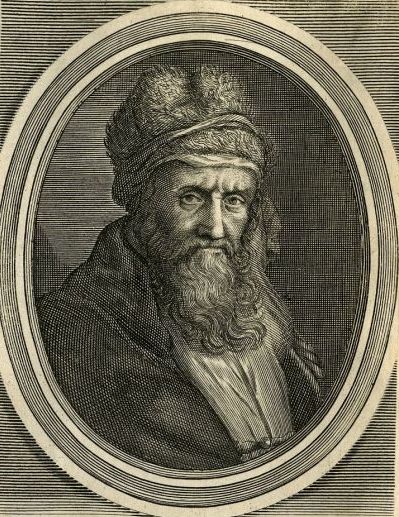„Závistlivcom sa najlepšie pomstíš, keď budeš zo dňa na deň lepší.“
Prisudzované výroky
Zdroj: [KOTRMANOVÁ, Milada.: Perly ducha. Ostrava: Knižní expres, 1996 ISBN 80-902272-1-X]
